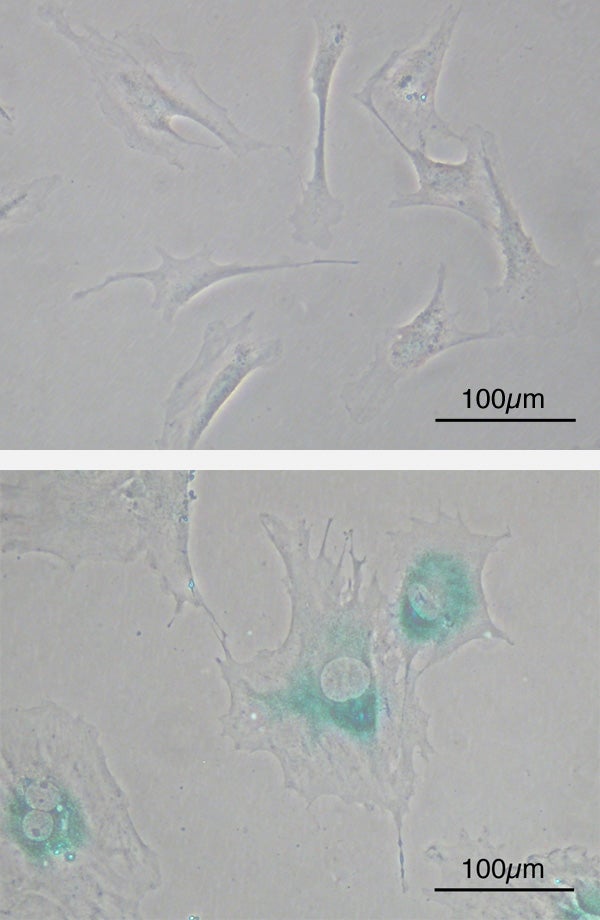Senolytics: Scientists identify new drug that slows the ageing process and could dramatically increase our life expectancy
'We view this study as a big, first step toward extending healthspans'

Your support helps us to tell the story
From reproductive rights to climate change to Big Tech, The Independent is on the ground when the story is developing. Whether it's investigating the financials of Elon Musk's pro-Trump PAC or producing our latest documentary, 'The A Word', which shines a light on the American women fighting for reproductive rights, we know how important it is to parse out the facts from the messaging.
At such a critical moment in US history, we need reporters on the ground. Your donation allows us to keep sending journalists to speak to both sides of the story.
The Independent is trusted by Americans across the entire political spectrum. And unlike many other quality news outlets, we choose not to lock Americans out of our reporting and analysis with paywalls. We believe quality journalism should be available to everyone, paid for by those who can afford it.
Your support makes all the difference.A new class of drugs has been identified that slow the ageing process in mice, alleviating symptoms of frailty and extending a healthy lifespan.
If their effect on humans is as marked as it is on animal models, their benefit could be enormous.
The research was carried out by a team from Mayo Clinic, The Scripps Institute and other institutions and published in the journal Aging Cell yesterday.
"We view this study as a big, first step toward developing treatments that can be given safely to patients to extend healthspan or to treat age-related diseases and disorders," said co-lead author and TSRI Professor Paul Robbins, PhD.
"When senolytic agents, like the combination we identified, are used clinically, the results could be transformative."
"The prototypes of these senolytic agents have more than proven their ability to alleviate multiple characteristics associated with ageing," added Mayo Clinic Professor James Kirkland, MD, who also worked on the study. "It may eventually become feasible to delay, prevent, alleviate or even reverse multiple chronic diseases and disabilities as a group, instead of just one at a time."
Senolytics target senescent cells, the ones which have stopped dividing and accumulate as we age, accelerating the ageing process.

The team found that a cocktail of dasatinib, a cancer drug, and quercetin, an antihistamine, was most effective in inducing senescent cell death in the mice, increasing their lifespan.
"In animal models, the compounds improved cardiovascular function and exercise endurance, reduced osteoporosis and frailty, and extended healthspan," said co-lead author Laura Niedernhofer, MD, PhD .
"Remarkably, in some cases, these drugs did so with only a single course of treatment."
Cardiovascular function improved within five days of a single dose of the drug in the mice, while periodic doses delayed age-related symptoms, spine degeneration and osteoporosis.
The researchers said that more testing is needed before the drug is used on humans, but they're optimistic about its potential.
"Senescence is involved in a number of diseases and pathologies so there could be any number of applications for these and similar compounds," Robbins said.
"Also, we anticipate that treatment with senolytic drugs to clear damaged cells would be infrequent, reducing the chance of side effects."
Join our commenting forum
Join thought-provoking conversations, follow other Independent readers and see their replies
Comments